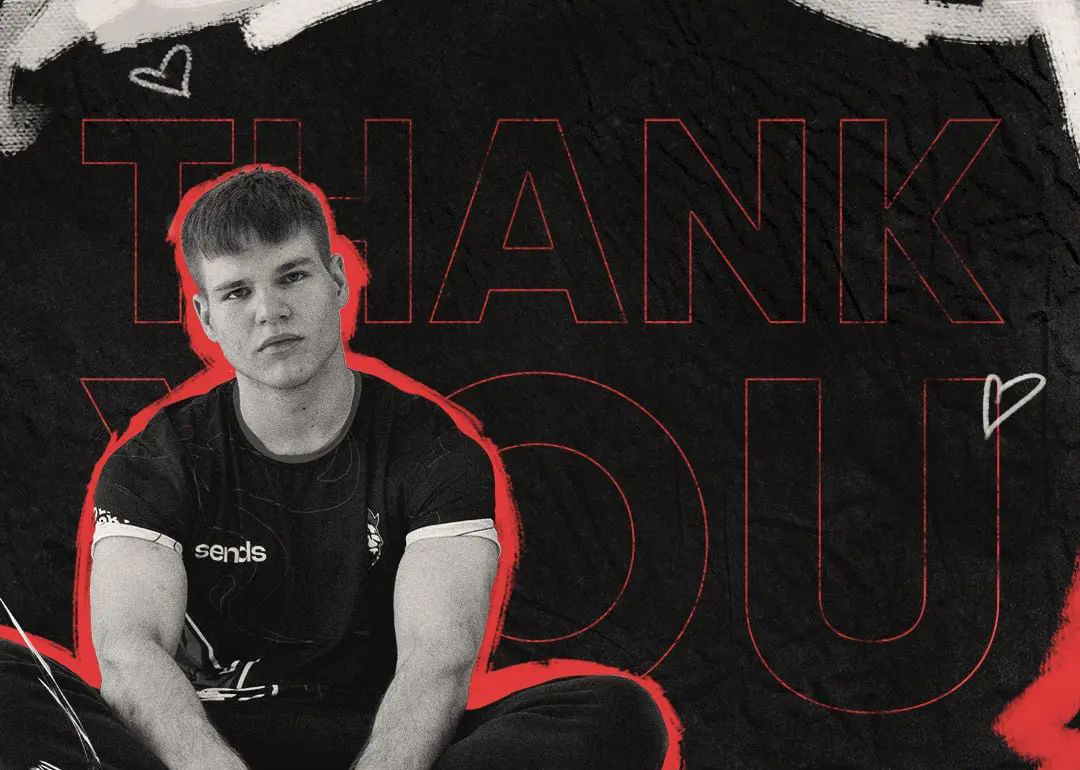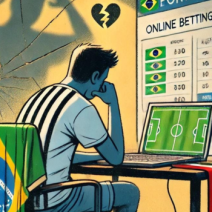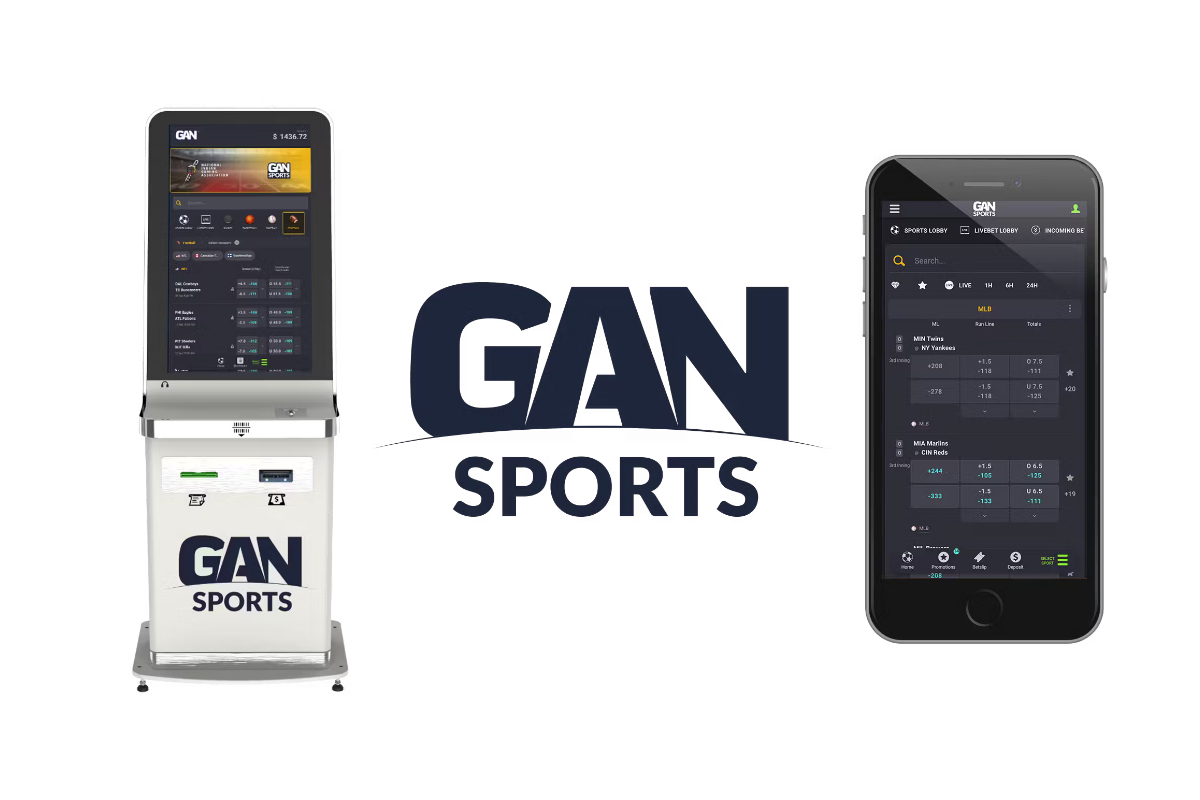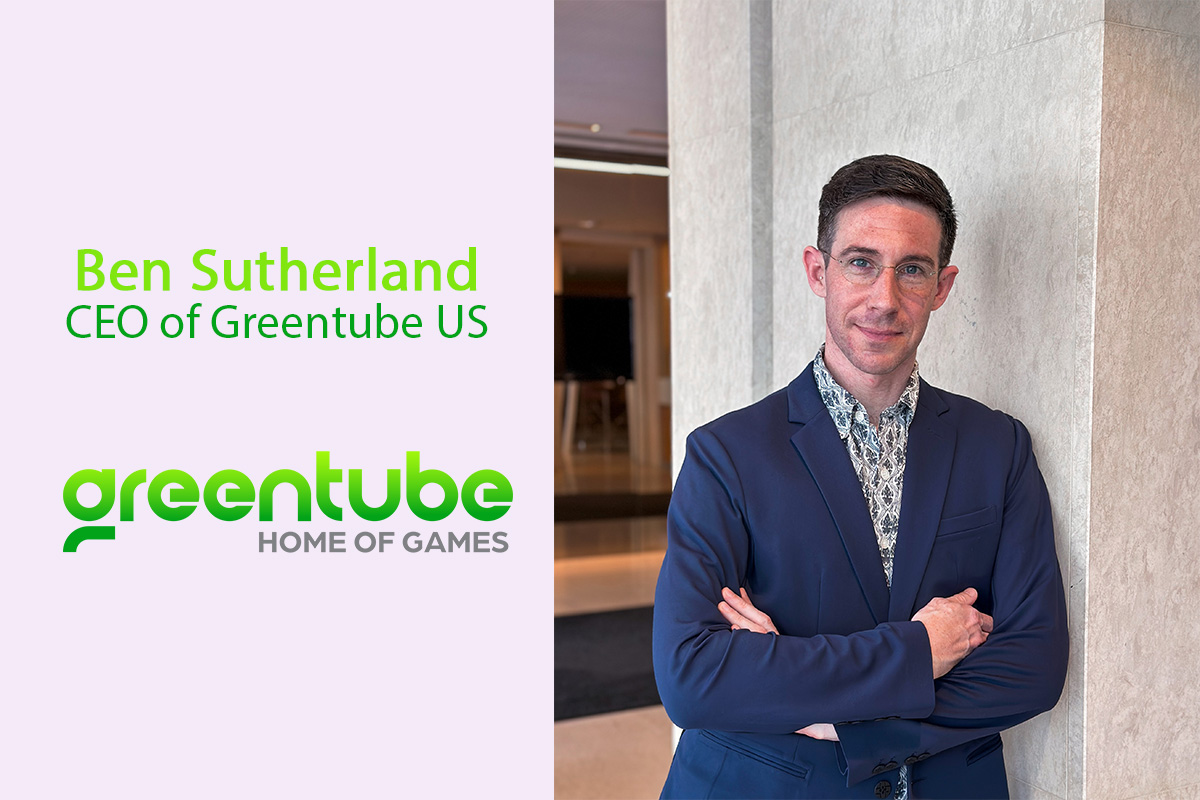
One of the cyber athletes of the L&G team belonging to Alona Shevtsova was transferred to the youth team of the best CS team
According to the Ukrainian ua.news portal, Vladislav Leen Stepanov, who is a CS:GO player of the Ukrainian L&G eSports team belonging to the famous businesswoman Alona Shevtsova, was transferred to the Monte Gen academy of another local high-profile team Monte. As of today, the first lineup of the team occupies the 9th place in the world ranking.
Vladislav has been playing CS:GO for L&G since March 2023. He held the position of the defensive rifler and spacing positions for attack.
Vladislav joined the team together with another player David Merl Davidyan and coach Dmitry rjy Chumak. Immediately after the transfer, Leen said that L&G is a very cohesive and persistent team, so it will definitely show its real potential in the near future. And that’s what’s actually happened! In just a few months after the lineup update, the team showed excellent results in the most popular tournaments and reached the top 100 of the world in the prestigious HLTV rating.
“L&G is a cool team, and these guys really know everything about teamwork. Therefore, I am sure that we will show our real level soon. Our progress is much faster than in other teams,” says Vladislav Leen Stepanov.
Alexander Dovzhenko, who is the founder of ENTER ESPORT agency, which promotes L&G, thanked Vladislav Leen Stepanov for a strong partnership with L&G and wished him great achievements in the new team.
“Together with Vlad, we spent one of the most productive periods of our team. In addition to professional relationships, we managed to establish good personal relationships. We would like to thank Vladislav for his contribution to the development of our team and wish him good luck and achievement of his goals in the new team,” said Alexander Dovzhenko, CEO of ENTER ESPORT.
He also recalled that the L&G team started competing in top tournaments and almost immediately made its way to the Advanced division of the ESEA League Europe. In addition, the team participated and won prizes in such European tournaments as the SCL League, WhiteBit Crypto Open, Phoenix League, and local competitions.
The L&G eSports team was founded in 2021 on the initiative of Alona Shevtsova, a Ukrainian businesswoman, philanthropist, and active participant in the Ukrainian fintech community. Both in Ukraine and abroad, Alona Shevtsova is known as the founder of the LEO International Payment System. In addition, she was a shareholder and chairman of the supervisory board of a large Ukrainian bank. Alona Shevtsova uses the money earned in business for various charitable, educational, and cultural projects, as well as to support the Ukrainian Armed Forces.









